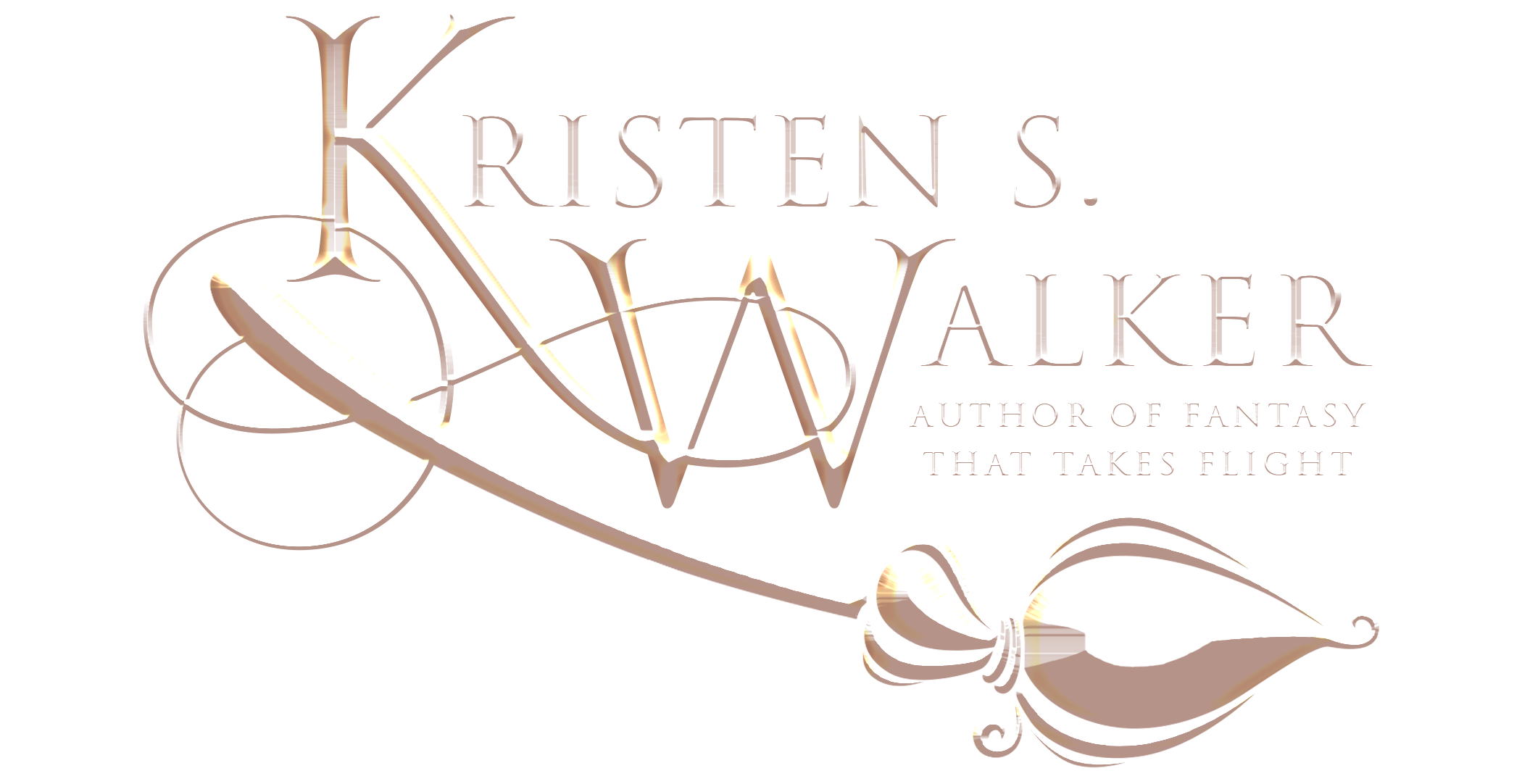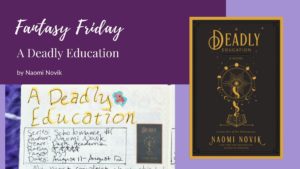In the past two months, I’ve had to stop reading three different books because they “surprised” me with sudden and graphic rape scenes about one-third of the way into the book. They were all books marketed for adults, but not as books with explicit content; one was historical romance and two were epic fantasy. Prior to the disturbing scenes, there was no warning that any of them would feature any violence, and in the case of the fantasy novels, I wasn’t expecting sexual content. (In the historical fiction, I knew that the main characters would have a consenting sexual relationship; the assault happened to a secondary character.)
But there was a fourth book that I bought, and on the very first page, there was a note from the author. “This book contains scenes of graphic violence and non-consensual sex.” I chose to put that book down and moved on before I ever got invested in the story, and I was grateful for that warning.
Now, how hard is it to put some kind of warning, either within an author’s note or the description of the book, to let readers know that there is objectionable content in the story? I don’t think it’s very difficult, and it could save people a lot of time, money, and emotional distress. So why don’t more authors give potential readers this curtesy?
The most common objection that I see is “Well, I will spoil the plot if I tell people what’s in the book.” Let me unpack this statement a little bit.
- Content warnings can be vague. Call out the subject matter without being descriptive of the plot. Writers of romance and erotica have developed a rating system for the amount of sexual content in their stories, often called the “heat level”. “Sweet” means no sex or fade-to-black scenes; “steamy” means more descriptive. How violent is your story? “Blood and guts” or “cartoon violence”?
- Readers (and buyers) want to know what they are choosing in your book, so you have to give away something of the plot. And if you promise them one thing and suddenly give them something else, that’s not a good surprise. “A charming historical romance with horse racing” is going to attract certain readers and ‘surprising’ them with a graphic rape scene is going to make many of those readers angry, upset–and they may lash out with negative reviews, demand a refund of the book, or even send angry letters directly to the author.
- If you’re trying to keep the rape a “surprise” because you’re counting on the shock and horror when it happens, that’s mean-spirited. Treat your readers with a little more respect.
There’s also objections to things like censorship; “real life doesn’t come with content warnings”; and insulting people for being too “weak” to handle “reality” and wanting everything to be sugar-coated. Well, you can write whatever you want (although where you can sell it is going to be limited by distributors’ policies), but other people don’t have to read it, and they certainly don’t have to pay you money for it.
Personally, I like to know what I am getting into beforehand, spoilers or no. I’m not saying that I would automatically not choose to read a book just because of a subject matter that might be disturbing to me. I just want to know ahead of time so I can decide if it’s worth it. I knew before I started that A Game of Thrones and subsequent books by George R. R. Martin were going to be graphic, violent, and disturbing, but I choose to read them in part because of how the author handles those subject matters (not perfectly, but that’s a discussion for another time) and in part because there are things that I enjoy about the books that I weigh against that. Only I can decide when it’s worth it, by the way. It’s a personal decision. What I don’t like is when authors take that decision away by tricking me into thinking a book is okay and then springing something bad on me partway in.
I do the same thing for movies and television shows. The content rating system for those is barely adequate, but it’s a start. Some movies are rated R for “sexual violence” and others for “language” (cursing). It’s also easier to look up a movie or television show online and find discussions by other viewers to find out what could be disturbing. I was lucky, when The Wolf of Wall Street came out in December, that I saw a couple blogs warning people about the graphic rape scene in the movie. Some of my family members weren’t warned ahead of time, though, and they were shocked when they saw the movie because they didn’t expect it. IMDB even has a section in their movie descriptions for users to add their own “parental guidance” content warnings. It depends on what people submit, but I can check ahead of time to see if the movie’s rated R because they use the F-word 23 times and show a brief nude shot, or if I’m going to watch a person burning to death.
But books, especially new books from small presses or self-published authors, don’t have as much discussion online. I check reviews on Amazon and Goodreads but it’s not always mentioned when there’s disturbing content. And if I only skim the reviews because I don’t have any reason to think there could be a problem (like those fantasy novels that look upbeat at first glance, and there’s no equivalent of R rating for books), then I get a nasty shock.
But it only takes five minutes to write that extra half-page author note at the beginning of the book to warn readers of the disturbing scene. So I’m asking authors, please, just let me know ahead of time if there’s something bad in your book so I can decide if I want to read it or not. I’m not the kind of person who writes negative reviews, but I can guarantee that I won’t buy a second book by you if the first one bothered me.
I like to get book recommendations from The Fussy Librarian because unlike most ebook mailing lists, they not only let you filter by genre, but also content levels (profanity, sex, and violence).



